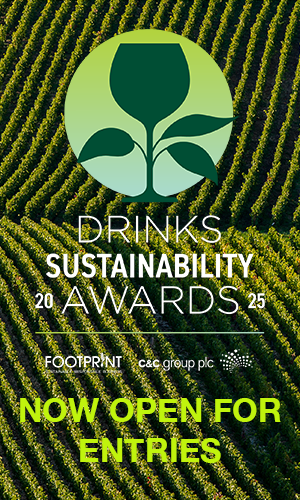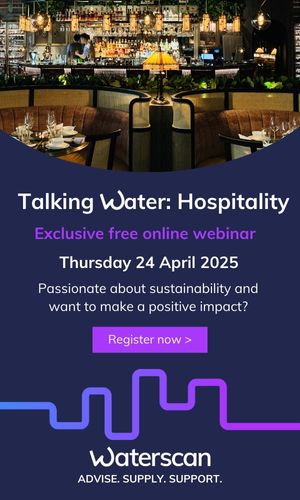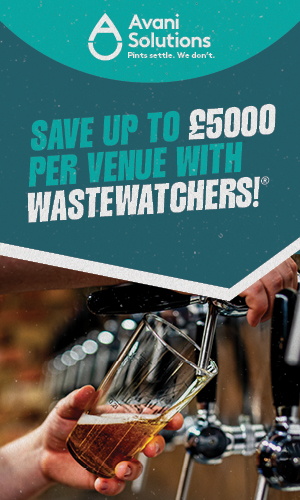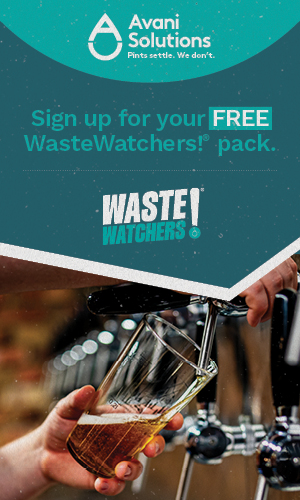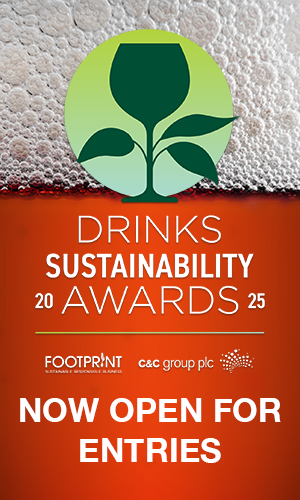Tesco has been at the forefront of efforts to urge businesses to voluntarily report their food waste data. So it will have come as something of an embarrassment to the supermarket giant to admit that a huge volume of food waste it had previously claimed was destined for animal feed was actually being sent for anaerobic digestion.
The Grocer reported that Tesco has fired its (unnamed) food waste processor after it discovered the truth during an audit last year. “Transparency has been key to driving our food waste reduction progress,” a Tesco spokesperson told the magazine. “That’s why we support food waste reporting and being held to account for our progress, but also why we are upfront when we uncover an issue such as with animal feed.”
Both former Tesco CEO Dave Lewis and current boss Ken Murphy have been vocal in urging politicians and business leaders to tackle the issue of food waste, including transparent reporting of their data. The impact of removing the food that is actually being sent to AD from Tesco’s data is huge with the business now reporting an 18% drop in food waste between 2016/17 to 2022/3, down from 45% previously.
Tesco also features in this week’s second waste-related news bite, this one involving packaging waste. Coca-Cola has announced that a small-scale trial will see bottles of Sprite sold without a label to reduce the use of packaging materials and make recycling easier. Running until March, bottles of Sprite and Sprite Zero 500ml sold at select Tesco Express stores in Brighton & Hove, Bristol, London and Manchester will go ‘naked’, with labels replaced with embossed logos on the front and laser-engraved product and nutritional information on the back of pack.
Coca-Cola said that although existing labels are recyclable, removing them simplifies the recycling process by removing the need to separate the labels from the bottles. “Labels contain valuable information for consumers, but with the help of technology we can now trial other ways to share this information while reducing the amount of packaging we use,” said Dusan Stojankic, VP franchise operations, GB&I at Coca‑Cola Great Britain.
The risk posed by industrial chemicals is already shaping up to be a key health and environmental issue in 2024 as a growing body of research points to the damage caused by PFAS (per- and polyfluoroalkyl substances). Now, new research by the European Environmental Bureau (EEB) and ChemSec has found that key European leaders have tested positive for these so-called ‘forever chemicals’ in their bodies. Three vice-presidents of the European Commission, the environment commissioner, the head of the European Environment Agency and six members of the European Parliament from a wide range of countries were tested for the presence of 13 PFAS in their bodies. Up to seven PFAS were found in all tested individuals with five politicians exceeding existing levels of concern.
The research follows a similar test carried out by WWF 20 years ago and is aimed at drawing attention to the urgent need to tackle harmful chemicals. “Back in June, I took a blood test to check the possible presence of toxic chemicals in my blood,” explained Margrethe Vestager, executive vice-president of the European Commission and commissioner for competition. “A few weeks later I received the results: 7 of the 13 PFAS analysed were found in my blood. PFAS can be found in our water, food packaging, face creams… pretty much around us. […] Europe is leading the way, restricting their use and investing money in research and solutions to replace them. I took this test because I wanted to help raise awareness of this simple fact: it may still take some time before PFAS are fully replaced, but it’s the right way to go”.
Elsewhere in this week’s Footprint news, a group of 30 organisations has warned that new Brexit border checks risk creating large volumes of food waste; research has found a transformation of food systems can offer economic benefits of up to $10trn; and Norway faces accusations of driving food insecurity through its farmed salmon industry.




